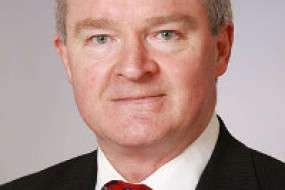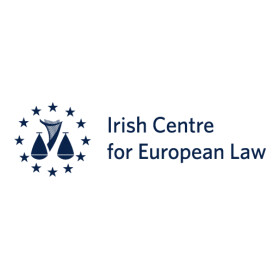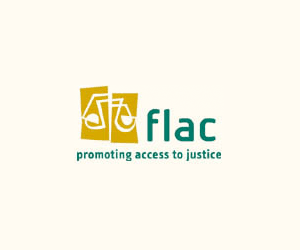Being a public figure is tough. In some ways, few public roles are harder than those of politicians and government officials. The constant judgement, insults and threats alone are enough to put almost anyone off public service, writes Scottish lawyer Benjamin Bestgen. There is no denying that being
Opinion
Professor Russell Sandberg suggests legal sanctions for blasphemy continue to exist in Britain following a ruling against Scottish comedian Fern Brady. The criminal offence of blasphemy is dead in England and Wales. It was unceremoniously abolished by section 79(1) of the Criminal Justice and Immigr
Legal academic Dr Dafni Lima responds to a new crackdown on surrogacy by Italy's far-right government. The Italian Senate recently passed a law making surrogacy a “universal crime”. In a country where surrogacy is already illegal, and has been since 2004, this decision takes restric
Gráinne Duggan SC revisits the Apple tax case, examining the application of section 25 of the Tax Consolidation Act 1997. In September, the CJEU confirmed that Ireland provided unlawful state aid to Apple by granting the company favourable tax treatment contrary to EU law, marking the end of
Denise Kirwan, partner at CKT, reviews a recent Australian decision relating to the use of ChatGPT in child protection. The child protection agency in Victoria has been ordered to impose a ban on staff using websites that function using generative AI software after a social worker was discovered to
Eoin Jackson considers how Ireland should respond to new proposals to recognise ecocide as an international crime. In September 2024, a group of Pacific Island states proposed that environmental destruction be criminalised under international law as a crime of “ecocide”.
Tim Carson places the statutory review of the Defamation Act (Northern Ireland) 2022 in context. Midway through the Long Vacation, the Northern Ireland Department of Finance quietly published its statutorily mandated Report on the Review of the Defamation Act (Northern Ireland) 2022.
Sir Declan Morgan defends the Independent Commission for Reconciliation and Information Recovery (ICRIR) following a court ruling last week. Last Friday in Belfast, the Northern Ireland Appeal Court ruled on the independence of the Independent Commission for Reconciliation and Information Recovery (
Keith Walsh SC analyses the latest figures on divorce and judicial separation cases before the courts. There was a 35.5 per cent increase in applications for divorce and judicial separations before the High Court in 2023, with numbers increasing from 71 cases in 2022 to 91 in 2023.
Benjamin Bestgen pours forth on law and wine. It is fair to say that the British enjoy wine. Not only is the UK the fifth largest wine consumer globally. It is also the home of internationally acclaimed wine education and industry organisations like the Wine and Spirits Education Trust and the Insti
Kane Tuohy employment lawyer Triona Cody highlights data protection lessons for employers following a case where a man was filmed outside of work while on sick leave. Earlier this summer, in Philip McCabe and AA Ireland Limited [2024] IECC 6, the Circuit Court awarded €5,500 for damages suffere
Benjamin Bestgen looks at the law and cultural perceptions surrounding suicide. The recent case of Irish citizen Tori Towey’s arrest for being drunk and having attempted suicide in the United Arab Emirates made international headlines. Media reports suggest that she was suffering domestic viol
Dr Deirdre Healy and Dr Marie Keenan call for urgent reforms to prevent years-long sexual offence trials from re-traumatising victims. Bláthnaid Raleigh, who was raped in Galway in 2019, highlighted the adverse impact of delays in the processing of sexual offences on victims of crime, explain
Despite Labour's promise to repeal the Northern Ireland Legacy Act, truth, justice, acknowledgement and reparation for victims and survivors of conflict-related sexual violence remains elusive, writes Professor Cheryl Lawther. The Northern Ireland Troubles (Legacy and Reconciliation) Act 2023 has ge
Kennedys lawyers Gearóid Corrigan and Sinéad Reilly lay out the issues in an ongoing Supreme Court case over a claim for non-material damages arising from a data breach. Is it necessary to get an authorisation from the Injuries Resolution Board (formerly PIAB) prior to issuing a claim






















